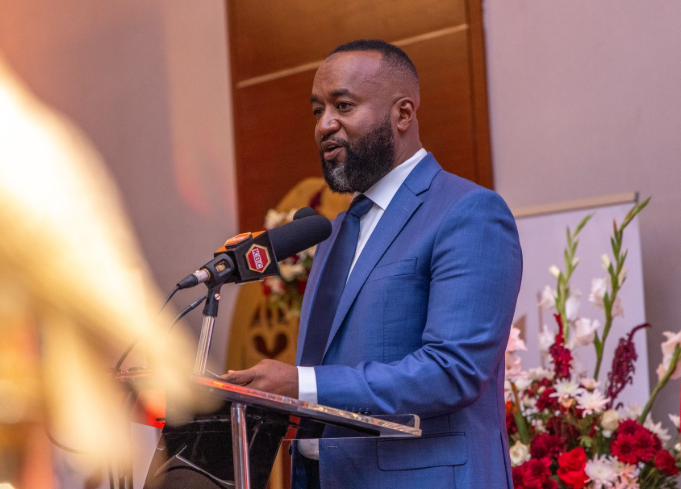Auditor’s concerns over Small Claims Courts completion delays

Auditor-General Nancy Gathungu has raised concerns over the delays by the executive office of the president to complete the construction of Small Claim Courts despite millions of shillings being spent on some of the projects.
In her report for the financial year 2023/2024, Gathungu regretted that delays lie squarely with the said office because a deed of Novation was executed on June 29, 2023, between the defunct Nairobi Metropolitan Services (NMS), under the Executive Office of the President, and the Judiciary.
This agreement, she said, transferred the responsibility for the construction of small claims courts in four locations within Nairobi County-Dagoretti, Kasarani, Mihango and Huruma to the Judiciary.
Reads the report: “ The projects had been initiated under NMS as part of an intervention to expand access to justice within identified low-income areas. However, a review of the Project’s progress revealed a number of issues.”
For instance, the report says that in the case of Mihango Small Claim Court, the tender for the completion of the Court was advertised on February 12, 2024, with an estimated engineer’s cost of Ksh78.4 million, after which six bidders submitted applications for the works.
However, the Tender Evaluation Report dated March 15, 2024, recommended termination of the procurement process due to the non-responsiveness of all bids and by the time of the audit in October 2024, the procurement process had not been restarted.
Reads the report: “Physical verification conducted in October 2024, revealed that the project remained stalled at 20% completion level, a stage that was achieved under NMS before the project was transferred to the Judiciary.”
In the case of Kasarani small claim court, the report says that although the tender for the completion of construction of the Kasarani Small Claims Court was advertised February 12, 2024, with an engineer’s estimate of Ksh74.6 million and the evaluation Committee recommending the tender be awarded to a contractor at a contract sum of Ksh73.2 million and the professional opinion issued on March 20, 2024, physical verification of the project done in October, 2024 revealed that the project remained stalled at 20 per cent completion.
Reads the report: “This is a level achieved by the NMS before the project’s transfer to the Judiciary. The contractor was not on-site during the verification, and instances of vandalism on steel reinforcement bars were observed.”
With regards to the Completion of Huruma Small Claim Court, the report says the request to procure for the construction of the Court was done on July 6, 2023, the contract advertised on February 12, 2024 at an engineer’s estimate of Ksh35.7 million and the contract was awarded to a contractor at a contract sum of Ksh29.9 million after the approval of the professional opinion on March 18, 2024.
Although a review of records revealed that construction works had begun and a total amount of Ksh5.4 million had been paid in respect of two certificates, a delay in the execution of the works saw an intention to terminate the contract being issued to the contractor on September 25, 2024.
Further, physical verification done on October 22, 2024, revealed that the works were at 60 per cent completion level and the contractor was not on site.
Reads the report: “In the circumstances, delay in completion of the projects may lead to cost escalations and value for money for resources spent may not be obtained.”
Apart from delays in construction, the report has also raised concerns over confidential expenditure incurred by the said office and the non-adherence to the One-Third (1/3) Basic Salary Rule.
With regards to the one-third basic rule, the report shows that analysis of the payroll records for the year under review revealed that twenty members of staff earned net salaries of less than a third (1/3) of the basic salary.
This was contrary to Section19(3) of the Employment Act, 2007 (Revised 2012) which provides that the total amount of all deductions that may be made by an employer from the wages of his employee at any one time shall not exceed two-thirds (2/3) of such wages or such additional or other amount as may be prescribed by the Minister either generally or in relation to a specified employer or employee or class of employers or employees or any trade or industry.
On confidential expenditure incurred after the said office transferred funds to a Government Agency for confidential security operations, the report says there is a need to enhance accountability of confidential expenditures through review of the Regulations to clearly define entities eligible for confidential security-related expenditures and to specify what constitutes security-related operations.
Further, the report says that entities should establish internal oversight mechanisms and processes that include detailed budget projections and post-operation financial summaries to address risks and ensure responsible use and accountability of the funds, beyond the certificate.












